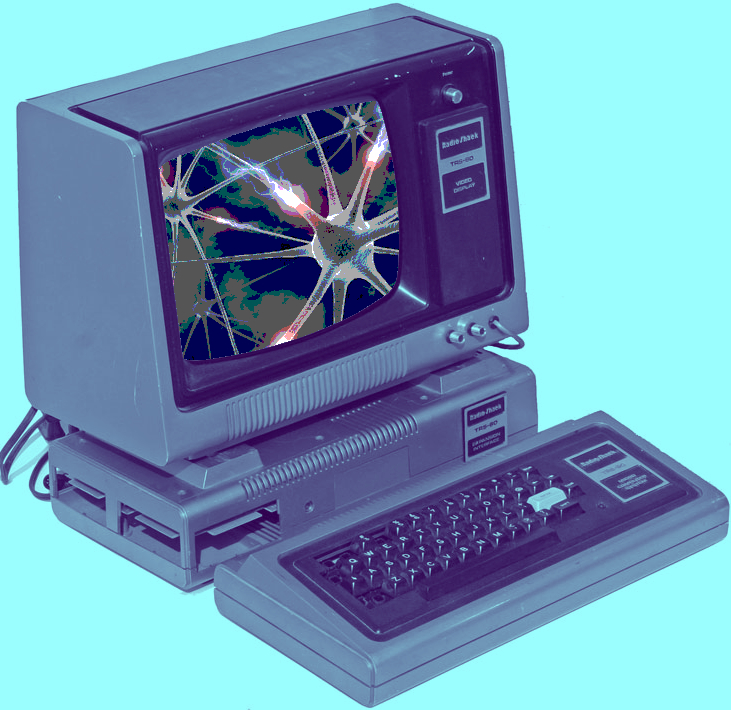OpenAI leadership twists
 Sam Altman, the recently ousted leader of OpenAI, is set to return to the company as CEO.
Sam Altman, the recently ousted leader of OpenAI, is set to return to the company as CEO.
Following Altman's dismissal from OpenAI last week over alleged communication issues, he briefly joined the company’s major backer, Microsoft.
However, in response to demands from OpenAI employees and external pressure, the company announced significant changes to its board, paving the way for Altman's return.
In a statement, OpenAI says it has reached an agreement in principle for Altman to resume his role as CEO, with a new board consisting of former Salesforce co-CEO Bret Taylor, former US treasury secretary Larry Summers, and Quora CEO Adam D'Angelo.
Altman expressed his anticipation for the return on social media, saying; “I love OpenAI, and everything I've done over the past few days has been in service of keeping this team and its mission together.”
The previous board, including D'Angelo, had not provided specific reasons for Altman's termination, causing internal conflict and external pressure from investors.
Microsoft responded by appointing Emmett Shear as interim CEO, and Microsoft CTO Kevin Scott extended an invitation to OpenAI employees to join Microsoft's new AI Research Lab.
Microsoft CEO Satya Nadella voiced openness to Altman's return, emphasising the importance of resolving governance and board issues.
In a post on social media platform X, Nadella acknowledged the changes to the OpenAI board as a positive step toward stable governance.
Originally founded as a nonprofit with a mission to advance safe artificial general intelligence, OpenAI has evolved into a for-profit entity while maintaining a nonprofit board.
The impact of the recent changes on the board's structure remains unclear.
Greg Brockman, another OpenAI co-founder, rejoined the organisation after quitting in protest, leaving the company facing a potential mass exodus of employees.
Altman's abrupt departure triggered a wave of support from tech figures and investors, prompting a concerted effort by OpenAI's investors, led by Microsoft, to reinstate him.
The internal turmoil at OpenAI, marked by Altman's removal and subsequent events, exposed underlying tensions within the leadership.
The schism reportedly stemmed from differing personalities and ambitions, with Altman's rapid approach conflicting with the more deliberative stance of fellow leader Ilya Sutskever.
While the exact reasons for Altman's dismissal remain undisclosed, tensions escalated during a video call on Thursday last week, leading to Altman's termination the following day.
The subsequent appointment of Emmett Shear as interim CEO and the departure of key personnel fueled concerns of a broader exodus.
Despite initial expectations of Altman's reinstatement, negotiations with the board stretched into Sunday, ultimately resulting in the appointment of Shear.
As the dust settles, questions linger about the long-term impact on OpenAI and the broader AI landscape, with industry insiders expressing astonishment at the unprecedented sequence of events.







 Print
Print